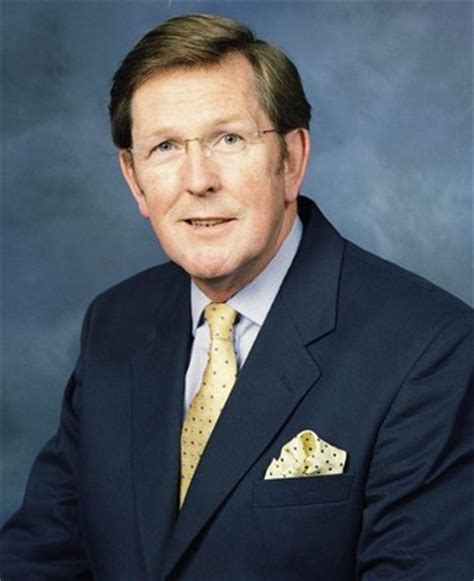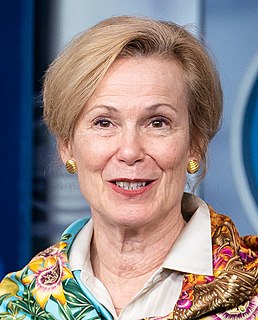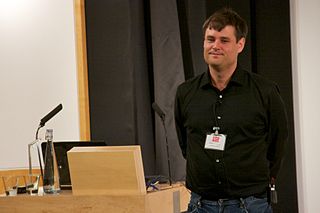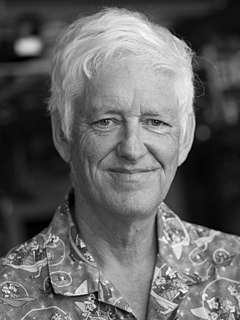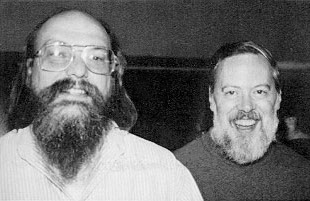Top 1200 Gathering Data Quotes & Sayings - Page 2
Explore popular Gathering Data quotes.
Last updated on December 23, 2024.
EMA research evidences strong and growing interest in leveraging log data across multiple infrastructure planning and operations management use cases. But to fully realize the potential complementary value of unstructured log data, it must be aligned and integrated with structured management data, and manual analysis must be replaced with automated approaches. By combining the RapidEngines capabilities with its existing solution, SevOne will be the first to truly integrate log data into an enterprise-class, carrier-grade performance management system.
Data isn't information. ... Information, unlike data, is useful. While there's a gulf between data and information, there's a wide ocean between information and knowledge. What turns the gears in our brains isn't information, but ideas, inventions, and inspiration. Knowledge-not information-implies understanding. And beyond knowledge lies what we should be seeking: wisdom.
Wallace's sales agent, back in London, heard mutterings from some naturalists that young Mr. Wallace ought to quit theorizing and stick to gathering facts. Besides expressing their condescension toward him in particular, that criticism also reflected a common attitude that fact-gathering, not theory, was the proper business of all naturalists.
... negative feelings are not true feelings at all; rather, they are your thoughts about something, based always on the previous experience of yourself and others. You will not find Truth in your past data, only past data that is based on other past data that is based on other past data, and so forth. Forget your "past experience" and look directly at the experience you are having. Right Here, Right Now. There is your Truth.
Random search for data on ... off-chance is hardly scientific. A questionnaire on 'Intellectual Immoralities' was circulated by a well-known institution. 'Intellectual Immorality No. 4' read: 'Generalizing beyond one's data'. [Wilder Dwight] Bancroft asked whether it would not be more correct to word question no. 4 'Not generalizing beyond one's data.
My study is NOT as a climatologist, but from a completely different perspective in
which I am an expert … For decades, as a professional experimental test engineer, I have analyzed experimental data and watched others massage and present data. I became a cynic; My conclusion - 'if someone is aggressively selling a technical product who's merits are dependent on complex experimental data, he is likely lying'. That is true whether the product is an airplane or a Carbon Credit.
There is so much information that our ability to focus on any piece of it is interrupted by other information, so that we bathe in information but hardly absorb or analyse it. Data are interrupted by other data before we've thought about the first round, and contemplating three streams of data at once may be a way to think about none of them.

